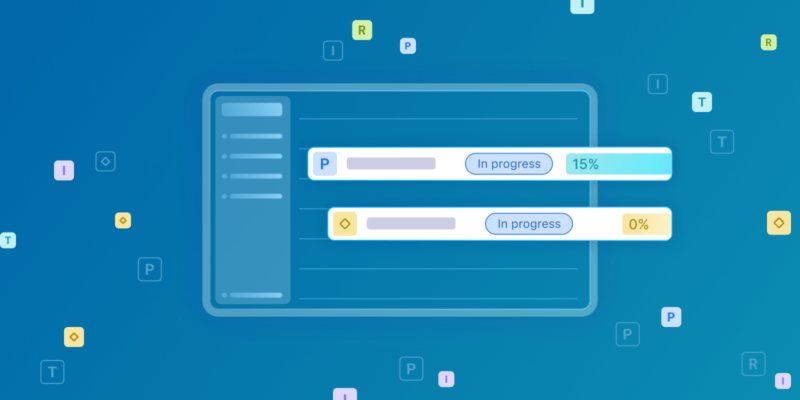 We’ve all gotten those project updates the ones that are either so useless or so hard to read that we ignore them entirely, and just talk to other members of our team face-to-face. While the sender has the best of intentions, we still start to view him as more of an annoyance than a help. His messages fill up our inbox or task notes and waste our time, and we start wishing he’d stop.
We’ve all gotten those project updates the ones that are either so useless or so hard to read that we ignore them entirely, and just talk to other members of our team face-to-face. While the sender has the best of intentions, we still start to view him as more of an annoyance than a help. His messages fill up our inbox or task notes and waste our time, and we start wishing he’d stop.
But what if that sender was you?
What if our updates were actually frustrating the team and annoying our clients? Are we damaging our reputation as project managers? Are we harming the project with our bad project updates?
Even if we are, it’s not too late to change. And I’ve got just the tips that can help:
Ask Permission
Your team is going to be busy with their tasks. Your clients are busy with their own businesses. But when you send them an email, they’re pretty much obligated to open it. So you can’t afford to burn your credibility and goodwill by sending unwanted communication.
Before the project even begins, ask this question: what project status updates would they find useful? Would they be happy with a weekly digest of significant milestones? Up-to-the-minute news updates? Or just added notes on the team project management tool?
Know How Much to Include
Which details would the recipient find important? Is what you write going to help them make a decision, or affect their work? If so, then by all means, throw it in! Include important details if they need to be documented.
and How Much to Leave Out
But know when enough is enough. This is a project status update, not a post-mortem report. Remember, you can always talk to someone offline if you want to relate more complicated information (in which case, you should probably call a meeting).
Also, make sure you only send information that the recipient will find important. Don’t drown them in information meant for someone else!
Pace Yourself
Set the right kind of pace for your updates. Too much, and people will become desensitized. Too little, and people won’t even remember what the last update was about. Heck, if you update too often, you might wind up running out of things to talk about.
You don’t need to stick to a calendar schedule, either. You can update your team when something significant happens. Some project management tools allow you to send automated notifications once a task is complete.
Talk to Them, Not at Them
One of the biggest weaknesses of a traditional project update is that it’s a broadcast message, and doesn’t really encourage discussion: This happened, that happened, have a nice day.
If you want your team to become engaged in the process, invite further discussion and reactions among your team. For example, if one of your team members encounters a problem with a certain task, add the line Do any of you have suggestions? and invite the rest of the team to offer a solution.
Image credit, Flickr, Carol Browne



